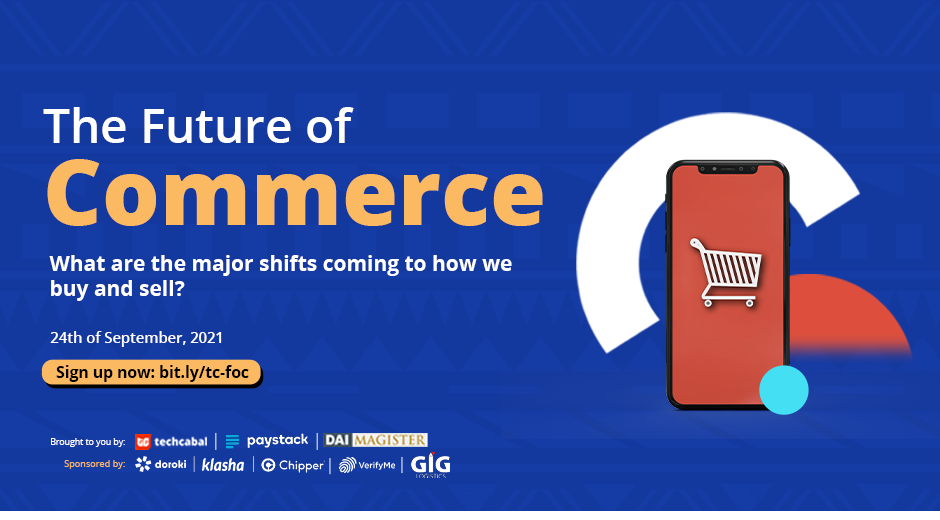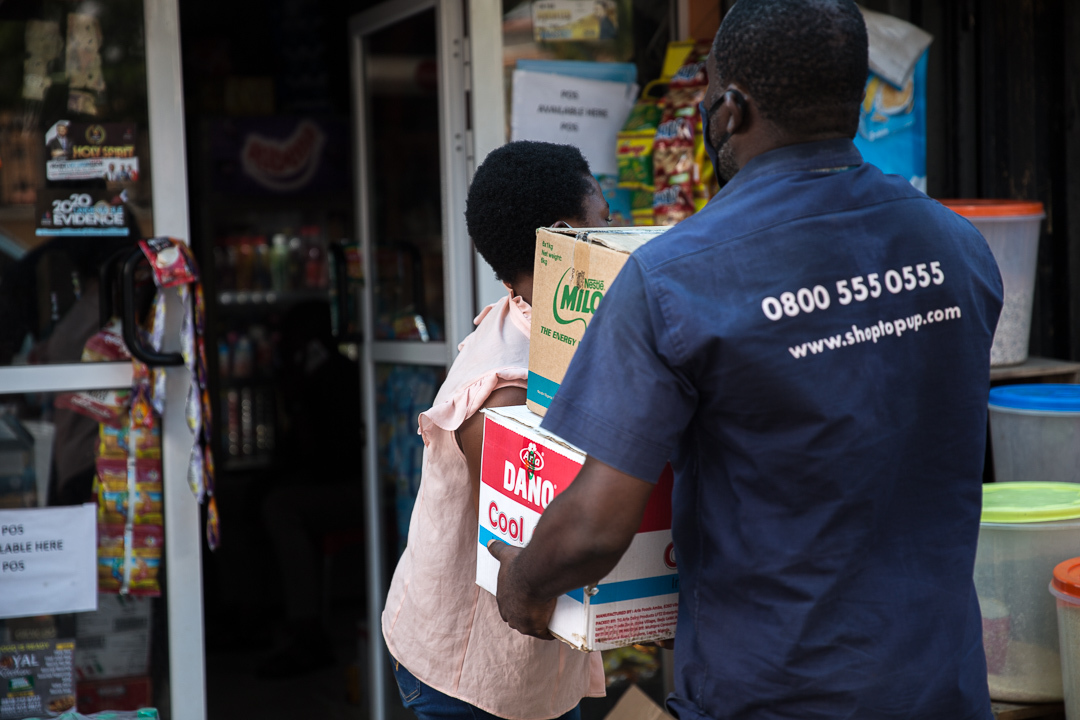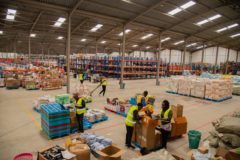With Covid-19 restrictions forcing more people to shop online, e-commerce companies and platforms on the continent have enjoyed a surge in activity. Jumia, for instance, saw a significant uptick in major indicators in the second half of last year. Also, retailers that did not previously have an online presence were compelled to do so.
The pandemic essentially propelled widespread growth in African e-commerce. However, there are questions of whether that growth can be sustained in the long run. Juliet Anammah, Group Chief Sustainability Officer and Chairperson of Jumia Nigeria thinks it can.
“The boom in e-commerce is not just a function of the pandemic,” she says during a panel discussion at the ongoing TechCabal Future of Commerce conference. “It’s also due to the fact that there’s a fundamental problem that’s being solved – finding what you want, doing it much faster, getting more choices and best pricing online. If we can provide all of that, then consumers will always opt for that option.”
As part of the major shifts expected in buying and selling in Africa, Anammah sees even more Africans shopping online over the next few years. This is provided e-commerce platforms continue to solve problems consumers face and offer more suites of offerings.
Technologies and innovations like Virtual Reality and interoperable payment systems are also expected to play an increased role in buying and selling, and broadly change consumer behavior and the way e-commerce is seen.
“Stakeholders just need to keep ensuring that online platforms are solving problems. Nobody goes online just for the sake of it,” Anammah says. “As long as stakeholders are building solutions that are solving fundamental problems, people will always go online.”
Building blocks for growth
To enable further growth in African commerce through digital channels, certain ‘building blocks’ must be in place. According to Nkebet Mesele, Senior Director for Solutions Management in sub-Saharan Africa at Visa, that entails making commerce in Africa “mobile-led”.
“For commerce to grow across Africa, the building blocks that have to be in place are first, it has to be mobile-led. We need to shift commerce, banking, and the movement of money from what we know it as traditionally to building an end-to-end mobile experience for commerce to thrive,” Mesele said.
“There’s a lot of SME intra-Africa money movement and trade that’s happening. Hence we need to ensure cross-currency flows and commerce is happening seamlessly between a consumer in Nigeria, for example, and a merchant in Kenya.”
In addition to those, SME support initiatives and adequate fraud controls also have to be in place. “Consumers and the merchants have to be comfortable buying online and also have that understanding and awareness of how to be safe while shopping.”

Khadijah Abu, Paystack’s Head of Product Expansion notes that providing access to credit for merchants and SMEs is equally important to enabling further growth, as is exposing sellers to more consumers across the country, continent, or world.
“If you can only exchange goods with people standing in front of you, then the scope of your market will always be limited,” she says. “But if you can stay at home and create something that someone halfway across the continent or the world is willing to pay for, then all of a sudden, you’re exposed to a whole new level of growth.”
Abu adds that increased internet penetration and financial inclusion levels are key indicators for e-commerce as they would imply that people have money and can access sellers not just in their immediate vicinity but also across other markets or regions.
More so, efficient use of technology to automate businesses, incentives, and grants from the government or larger organisations and initiatives that include logistics and supply chain management will “definitely help” people build and produce more.
While building, however, stakeholders have to “realise that there’s not going to be a one-size-fits-all solution that makes sense for the entire continent,” Wiza Jalakasi, Vice President of Global Developer Relations, at Chipper Cash cautions.
“Africa is fragmented from a cultural perspective and because of that, people have different ways of doing things. So whatever solutions are built have to be contextually aware of the environment and be sensitive to the needs of individuals in the specific countries.”
It might be possible to aggregate some of the market systems in these countries at some point, Jalakasi says. “But it starts with building solutions for people on the ground.”
If you enjoyed reading this article, please share it in your WhatsApp groups and Telegram channels.
You can follow the Future of Commerce 2021 event on YouTube.




















